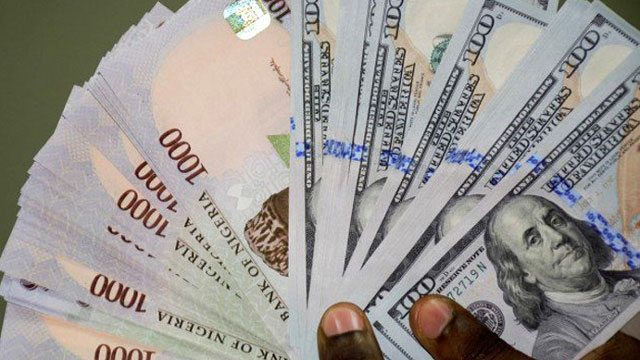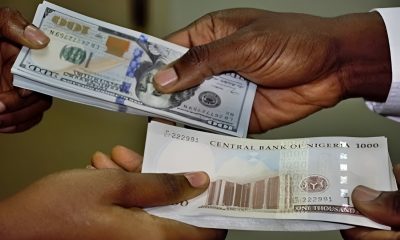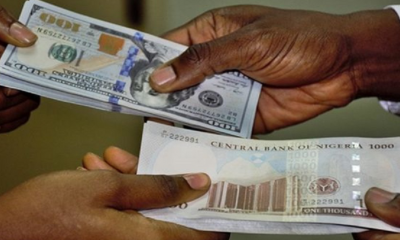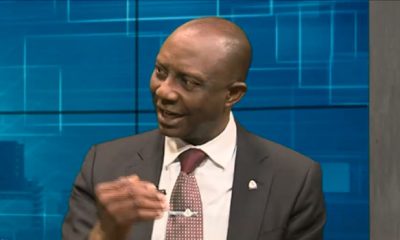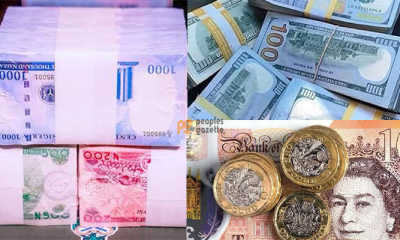Investors see the Naira staying firm against the Dollar with higher prices of oil and a sustained effort by the Central Bank of Nigeria (CBN).
This opinion may appear as good news to the Central Bank who have in recent weeks shed some of its external reserve hoard of just about $47 billion. It is widely believed that the sale was mostly due to demand pressures in the Investor and Exporter window.
The Naira remained stable at N364 per dollar in the parallel market. There was no significant increase or decrease in the figure all week days.
The stability was attributed to weak demand for dollar and increased supply due to dollar sale to bureaux de change by the Central Bank of Nigeria (CBN).
CBN had on Monday injected a total sum of $195m into the inter-bank forex market to meet the requests of customers in the various segments of the market.
Nigerian fell into a recession two years ago amidst huge dollar shortages and an exchange crisis that eventually saw the Naira depreciated by over 40%. However, the economy has recorded paltry GDP growth rates since the second quarter of 2017.
Just last week, the central bank merged the exchange rates used by the BDCs to trade with that of their competitors, Nigerian Banks. This was after mandating traders to ensure forex was available for Nigerians looking to travel allowances in forex.
Isaac Okorafor, CBN Acting Director, Corporate Communications Department, noted that the decision was to give BDCs a level playing field to compete with other authorized foreign exchange dealers, the Nations reports.
Supporters of the CBN policies have often cited the external reserve of over $47 billion as the main reason why the exchange rate won’t be devalued. Even as Oil prices remain high, crude oil production has increased this year though still short of the budget target of 2.5mbpd.
It is thus no surprise that foreign investors are bullish about Nigeria’s ability to hold a stable currency allowing them to pile into our local government bonds and securities.
The CBN also last month finalised modalities for the currency swap deal with China worth over N720 billion. The agreement is valid for three years and can be extended upon mutual consent. Analysts believe this was a move aimed at reducing the demand pressure for the US Dollar considering that Nigerians import more from China compared to any other country in the world.
This they believe could play a major role in the ability of the Central Bank to keep the Naira stable in a situation where dollar shortages appear again.
Following the sell-offs in May, local analysts believe a cross-section of foreign investors may have sold off some of their stakes in local equities. This has led to speculations that the central bank may be considering a devaluation of the Naira if its external reserves continue to be under pressure.

 Football7 days ago
Football7 days ago
 Health & Fitness24 hours ago
Health & Fitness24 hours ago
 Aviation1 week ago
Aviation1 week ago
 Featured5 days ago
Featured5 days ago
 Education6 days ago
Education6 days ago
 Comments and Issues7 days ago
Comments and Issues7 days ago
 Business6 days ago
Business6 days ago
 Education1 week ago
Education1 week ago
